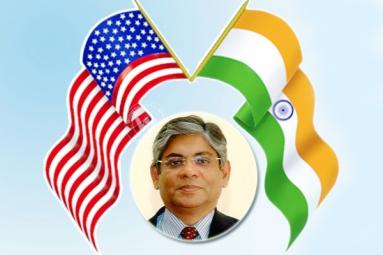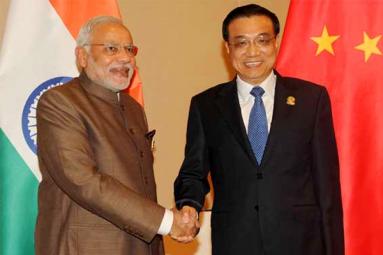Literates constituted 74 per cent of the total population in India aged seven and above, and illiterates form 26 per cent, as per the provisional data of the 2011 census.
World Literacy Foundation pointed out in its report titled 'Economic and Social Cost of Illiteracy' that illiteracy is costing Indian economy more than $53 billion a year. Likewise the losses to China are pegged higher at $135.60 billion. Russia at $28.48 billion and Brazil at $27.41 are placed at the third and fourth places respectively. Literates constituted 74 per cent of the total population in India aged seven and above, and illiterates form 26 per cent, as per the provisional data of the 2011 census. The report, which looks at the cost of illiteracy in emerging and developing countries, as well as the cost of functional illiteracy in the developed world, said that illiteracy costs the global economy more than $1.19 trillion a year. "800 million people across the world lack the basic reading and writing skills needed to accomplish simple tasks such as reading a medicine label or filling out a job application, costing the global economy more than $1.19 trillion a year," the report said.
The report said illiterate people earn 30-42 per cent less than their literate counterparts. "We need to treat illiteracy as a disease that we are aiming to eradicate. We need to understand that early intervention can avert a lifetime of hardship, poverty and pain for a child, young person or adult who is struggling to read or write," World Literacy Trust CEO Andrew Kay said. "No matter whether you live in the developed or developing world, poor illiteracy is ruining lives and is linked with an array of poor life outcomes, such as poverty, unemployment, social exclusion, crime and long term illness," he added.
A brief history: After 25 years of service to education within governments, universities and schools Dr. Tony Cree OAM launched the World Literacy Foundation in 2003, Dr. Cree was amazed and saddened by the extent of the global literacy crisis and the lack of programs and resources that were dedicated to addressing this critical issue. His firm beliefs that literacy provides the opportunity for people to break the shackles of poverty lead to the establishment of the WLF. His aim was to form an organisation that could provide direct educational support to those who needed it most, as well as advocate the literacy issue and how it continues to force millions of people into a poverty-stricken life.















